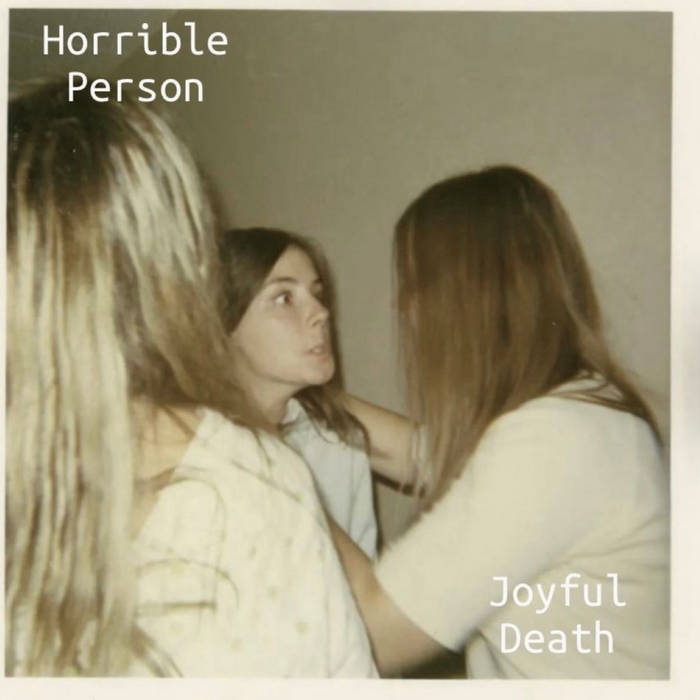The concept of death has been a perennial source of contemplation and philosophical inquiry across cultures and religions. In the Bahá’í Faith, death is not regarded as an end, but as a transformative passage into another realm of existence. This perspective, termed as “A Joyful Death,” aligns with the Bahá’í teachings regarding the afterlife, the nature of the soul, and the inherent purpose of human existence. By embracing this ideology, individuals are encouraged to reframe their understanding of mortality, which can induce a profound sense of peace and reassurance.
At the core of Bahá’í beliefs is the affirmation of the soul’s immortality. According to these teachings, the soul is a divine essence that transcends the physical body. Upon death, the soul embarks on a journey through the stages of the afterlife, experiencing continued growth and development. This notion serves to alleviate fear, as it underscores the continuity of existence beyond the corporeal realm. Rather than viewing death as a catastrophic conclusion, Bahá’ís see it as an essential phase of human evolution. Such insight profoundly transforms attitudes toward dying, infusing the concept with an intrinsic joy rather than trepidation.
Moreover, the Bahá’í Faith posits a spiritual reality that emphasizes a preparation for life after death. This preparation is achieved through moral and ethical living. Individuals are urged to cultivate virtues such as love, kindness, and service to humanity during their earthly existence. The idea is that the character developed in this life will accompany the soul into the afterlife. This principle highlights the significance of living a life imbued with purpose and meaning, further promoting the notion of a joyful transition at the time of death.
In exploring how this framework encourages a joyful perspective on death, it is imperative to delve into the Bahá’í teachings on detachment. Detached living minimizes the overemphasis on material possessions and the ephemeral nature of worldly affairs. Instead, it inspires a deeper connection to spiritual realities. This detachment allows individuals to embrace the transient nature of human experiences, including life itself. By understanding that life is a fleeting opportunity for growth, Bahá’ís foster a greater appreciation for the present moment and a readiness to confront the inevitability of death. This acceptance is a crucial element in achieving a joyful outlook on passing.
Further, Bahá’í writings articulate that the experience of death can be perceived as a reunion with the Divine. Shoghi Effendi, the Guardian of the Bahá’í Faith, expounds on the idea that the soul, upon detachment from the physical form, does not face isolation but rather encounters a myriad of divine blessings and spiritual companions. This imagery evokes a sense of tranquility, suggesting that death is a homecoming rather than a severance. Such vivid representations can ignite curiosity about the life beyond, fostering an eagerness to explore spiritual realms instead of fearing them.
The communal aspect of the Bahá’í Faith further contributes to a joyous acceptance of death. The teachings emphasize the significance of community in fostering emotional resilience. When faced with the passing of loved ones, Bahá’ís gather to commemorate their lives through prayer, reflection, and shared stories. This collective mourning transforms sorrow into collective remembrance, celebration, and solace, asserting that the bonds of love and fellowship persist even in the face of death. By nurturing a communal narrative surrounding death, Bahá’í communities create a supportive environment that imbues the transition with positivity and reverence.
Additionally, the Bahá’í doctrine provides explicit practices to ease the transition from this world to the next. The reading of prayers and passages from the sacred texts during the final moments serves not only to comfort the dying but also to honor their spiritual journey. These practices underscore the sanctity of the individual’s life and the continuation of the soul’s evolution. It invites family and friends to engage in reflection, fostering an atmosphere of love and peace as one approaches the end of their earthly journey.
The teachings also advocate for an acceptance of the natural order of life and death, which can inspire tranquility. In this regard, the Bahá’í perspective invites a recognition of the cyclical nature of existence, facilitating a dismissal of the stigma often associated with death. Viewing death as a divine appointment rather than a random occurrence allows individuals to confront the reality of their mortality without trepidation. By internalizing this understanding, one can cultivate gratitude for the lived experiences, thus leading to a more joyful contemplation of death.
In conclusion, the Bahá’í constructs surrounding the idea of “A Joyful Death” serve to liberate individuals from the shackles of fear often associated with mortality. By emphasizing the immortality of the soul, the virtues cultivated during earthly existence, and the interconnectedness fostered within communities, this perspective reframes death as a continuation rather than an end. Furthermore, through the communal practices that honor the deceased and the spiritual preparation for the afterlife, Bahá’í teachings provide a robust framework that champions joy in the face of life’s ultimate transition. Such a profound shift in perspective not only piques curiosity about the eternal journey that follows but also encourages a fuller, more meaningful engagement with life itself.
